Tested by RISE Research Institutes of Sweden
To secure and confirm our own O3 measurements, we had RISE test our ionization units for duct mounting, regarding ozone. A test facility was built in RISE's premises in Borås and ducts were drawn into a test room. The air flow was adjusted to approx. 2.5 rpm, which corresponds to a normally ventilated office room. The results confirmed our own measurements, that the O3 molecules created in our ionization units are almost immeasurable.
- ekoion_dev
- July 24, 2023
The test was conducted at RISE Research Institutes of Sweden AB, Energy and Circular Economy on October 24, 2019.
Methodology
Outside an airtight room with room volume 22.4 m3, the test object was installed in a Ø 160 mm ventilation duct. An airflow was generated in the duct and adjusted to 100.5 l/s corresponding to an air velocity of about 5 m/s. The air was taken from the surrounding indoor air in the room and is considered relatively clean. Even the room is regarded as relatively clean.
From the canal, a partial flow (supply air) of 15.5 l/s was directed into the room, giving the room about 2.5 air turnovers/hour. Between the test object and the room there were 6 m ventilation duct and two 90° bends. With dampers in the duct, the pressure in the room was adjusted so that the pressure difference between the room and the surrounding room was close to 0 Pa. The air in the room was continuously remixed with a table fan.
Ozone (O3) content measurement was made using a calibrated ozone instrument. The calibration is traceable to NIST. An average was given for every 10 s. Initially, a measurement of the background content of the surrounding room was made. After that, the content of the room’s supply air and exhaust air was made with the test object not in operation. The test object was then launched when measuring in the exhaust air was made and the measurement was then carried out alternately in the exhaust air and supply air. After about 60 minutes, the test object was taken out of service when measuring the supply air content was made. Finally, a measurement was made of the background content of the surrounding premises.
The content of the exhaust air is in this case considered to be representative of the content of the room.
Results
The test object was deployed after about 17 minutes and was decommissioned after about 81 minutes.
The background content in the surrounding room was 4-6 ppb* at the beginning of the measurement and 3-4 ppb at the end of the measurement.
The maximum measured supply air content during the measurement period was 14.7 ppb.
The maximum measured exhaust air content during the measurement period was 12,5 ppb.
The maximum measured concentrations are lower than the limit values contained in the Swedish Work Environment Authority’s regulations and general advice on hygienic limit values; AFS 2018:1.
Table 1 below lists the level limit value (LLV) and the short-term limit value (SLV) for ozone according to AFS 2018:1.

Figure 1. Results, measurement of ozone (O3) concentrations over time (background surroundings, supply air, exhaust air)
The result is only for the tested object and under the prevailing conditions.
Table 1. Hygiene limit values for ozone according to AFS 2018:1.
| Substance |
Level limit value (LLV)**
|
Short-term limit value (SLV)***
|
||
|---|---|---|---|---|
| ppb* | μg/m 3 | ppb* | μg/m 3 | |
| Ozon | 100 | 200 | 300 | 600 |
- * ppb = parts per billion
- ** LLV, Hygienic limit value for exposure during one working day, normally 8 hours.
- ** SLV, Hygienic exposure limit for a reference period of 15 minutes.
1ppb O3 = 2.00 micrograms O3 / m3 vid temperature 20°C och atmoshestriestryck 1013 mbar.
1ppb O3 = 2.15 micrograms O3 / m3 vid temperature 0°C och atmoshestryck 1013 mbar.
| Test conditions | |
|---|---|
| Temperature | 19.6 – 20.3°C |
| Relative humidity | 50.6 – 50.7% |
| Atmospheric pressure | 990,1 mbar |
| Estimated measurement uncertainty | |
|---|---|
| Ozone | better than ± 5 ppb |
| Airflow | better than ± 5% |
| Temperature | better than ± 0.5°C |
| Relative humidity | better than ± 2% units |
| Atmospheric pressure | better than ± 1 mbar |

